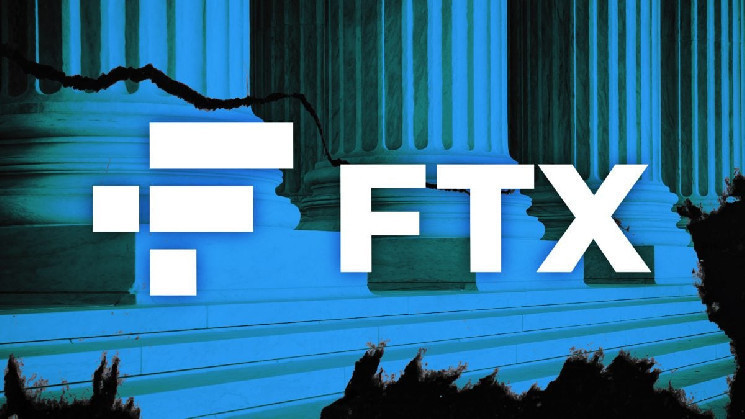In the year 2023, the crypto industry may be remembered for the surge in crypto bankruptcy cases, with the largest one involving FTX creditors seeking to recover over $8 billion. This complex case is expected to linger for an extended period due to the multitude of individuals and organizations vying for the remaining assets. Alan R. Rosenberg, a partner at Markowitz Ringel Trusty & Hartog, highlighted the prolonged nature of the case compared to others in the crypto bankruptcies landscape.
FTX is entangled in multiple clawback claims, attempting to retrieve funds disbursed prior to its insolvency. Rosenberg emphasized the potential longevity of these legal battles, especially considering the significant transactions involved and the robust defense capabilities of the recipients. While these claims typically reach settlements outside of court, negotiating settlements also demands time and resources.
In addition to the clawback efforts, FTX faces a staggering $24 billion claim from the Internal Revenue Service for unpaid taxes. The company is also embroiled in a flurry of lawsuits, including unresolved complaints against entities like Genesis and ByBit, as well as legal actions targeting former executives and philanthropic endeavors.
Calculating the valuation of crypto assets over time presents a crucial challenge in these litigations, particularly in avoidance action cases. Rosenberg noted the absence of definitive case law regarding how cryptocurrency should be valued in such scenarios, with potential reference to past precedents like the 2014 bankruptcy of HashFast. Furthermore, the issue of creditor payment, whether in crypto or fiat currency, remains unsettled, highlighting the need for regulatory guidelines in the evolving crypto bankruptcy landscape.
As the crypto industry experiences a surge in insolvency cases, Rosenberg expressed hope that legislators would be driven to develop frameworks for the distribution of crypto assets in bankruptcies. This would provide clarity and guidance amidst the complex aftermath of major crypto bankruptcies.









